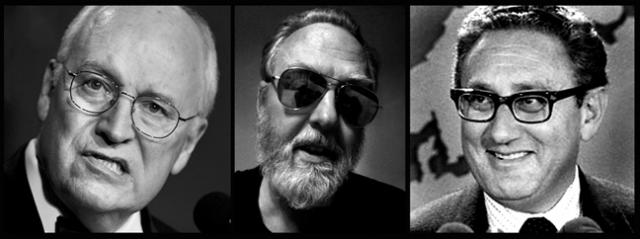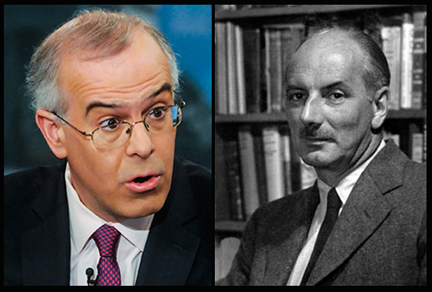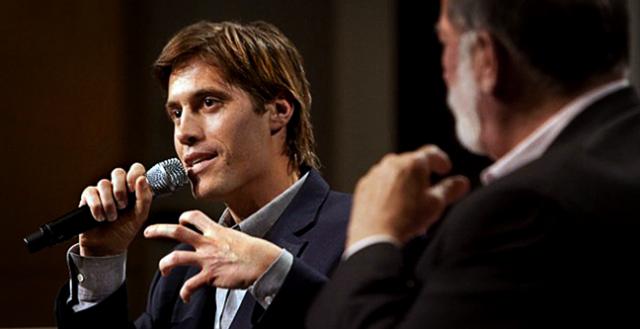Three-time Pulitzer Prize winner New York Times columnist Thomas Friedman has discovered that the Vietnam War was not really about stopping communism. That was an emotional delusion. The Vietnam War, he writes, was about anti-colonial nationalism, what the Vietnamese called liberation from a French/American military yoke. When the Vietnamese beat the French, its patron, the United States of America, took up that militarist yoke. Then it took the Vietnamese 21 more years of terrible slaughter before the Americans gave it up.
That’s the narrative Friedman has recognized. The pathetic irony is that the Vietnamese admired America and loved the Americans they fought with during World War Two against the Japanese. The 1945 decision to turn against our WWII ally has to be one of the saddest betrayals in world history.
 Recently "love-bombed by Vietnamese," Thomas Friedman (insert) and modern Saigon, AKA Ho Chi Minh City
Recently "love-bombed by Vietnamese," Thomas Friedman (insert) and modern Saigon, AKA Ho Chi Minh City
I’m a Vietnam veteran. I was a young radio direction finder in the military operations in the mountains west of Pleiku along the Cambodian border. My job was to locate radio operators so our forces could use all available means of mechanized death to destroy entire Vietnamese units and anyone else who got in the way. I didn’t discover what Friedman has discovered until the late seventies, after maturing and reading a host of highly respected books of history. Before that, I had been a good American and had dutifully accepted the national narrative lie that the evil North Vietnamese had without provocation invaded the innocent nation of South Vietnam.
As a good, pliant soldier I learned to hate the North Vietnamese and the Viet Cong guerrillas. We called them gooks, dinks, zips and slopes. We treated all Vietnamese like dogs. We killed them up close and in great numbers. We killed between two and three million of them. They managed to kill 58,000 of us. More on both sides were maimed; families were destroyed; and in Vietnam many thousands simply went missing, doomed to wander as improperly buried ghosts. We destroyed without a thought; we ecologically poisoned much of the land. The legacy is horrible.









